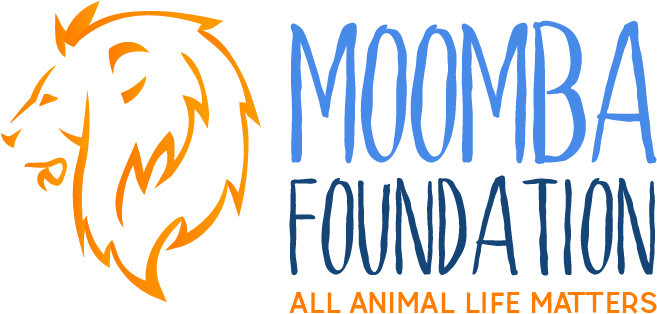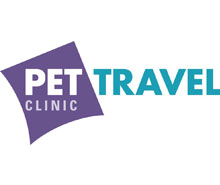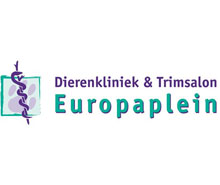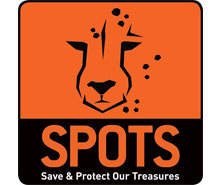
Moomba certificate
This foundation aims to make a distinction between animal parks that are involved with canned hunting/cub petting and the parks that do good. The good and ethical parks are entitled to and will receive a Moomba certificate.
To make this distinction, our foundation made a list of requirements we stand for.
People and/organisations and/or foundations that have experience with and knowledge in this field, helped to accomplish this list of requirements below. They have given us their support and agreed with our aim.
PLEASE NOTE: the people/ organizations/ foundations below, only signed our guidelines and are not responsible for the list we made of the animal parks we visited.
Qualifications that must be met before a park will get the certificate
-
There is no interaction (direct contact) with the animals and visitors/volunteers.
-
They do not breed with the animals, unless it can be justified for the preservation of the species.
-
Animals are not for sale. Buying encourages the trade even when meant to save an animal from unsuitable conditions. A negotiated ‘surrendering’ of the animal by the owner is always the preferred option.
-
Guaranteed lifetime, unconditional and professional care for the animals is a must.
-
There are no cubs
, and certainly not all year round. When there are cubs, they are rescued from places like circuses, breeding farms or from private facilities. -
Logs of each and every present animal, from birth till death, are at any time available upon request.
-
Each park should have a management plan for (safe-) keeping of the animals, with protocols, vision and mission statements, contingency plans, husbandry, animal welfare, veterinary and feeding plans.





